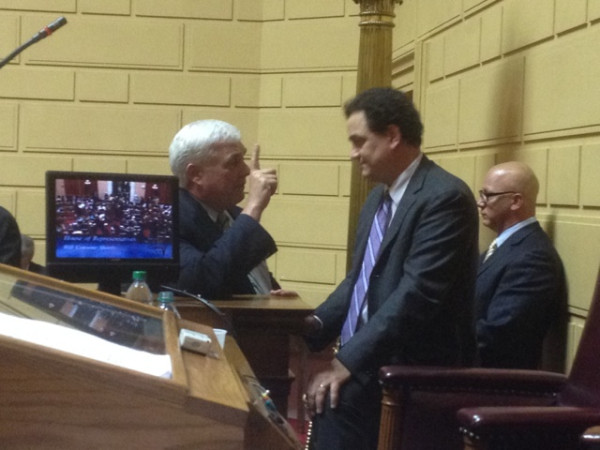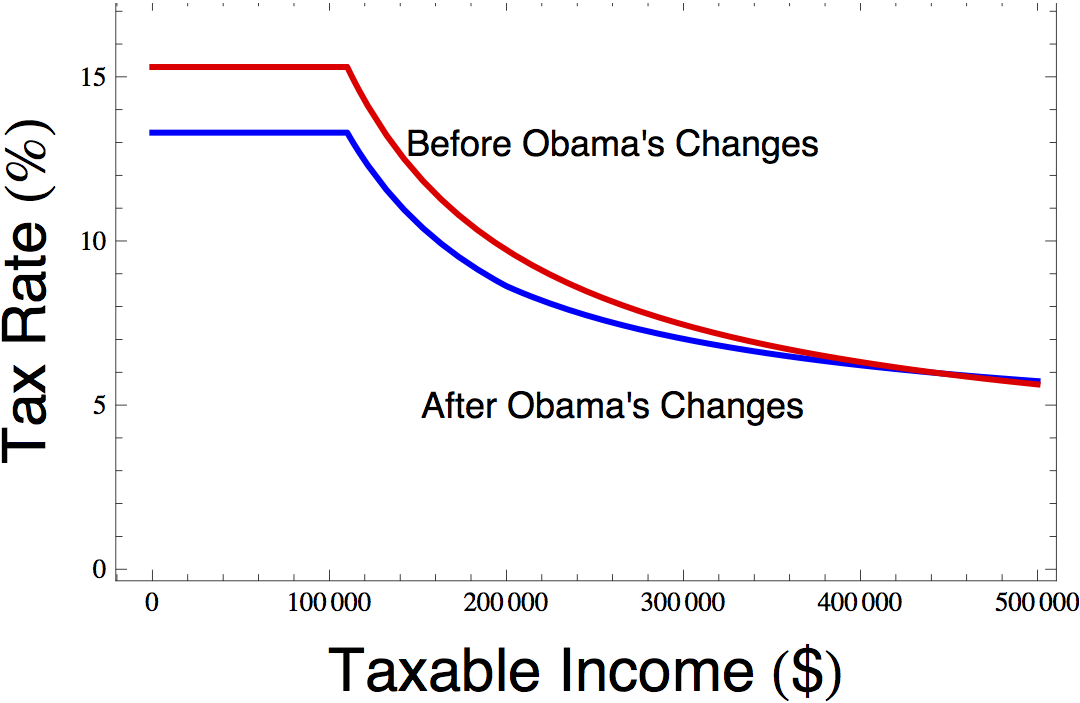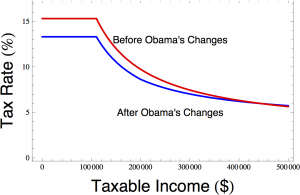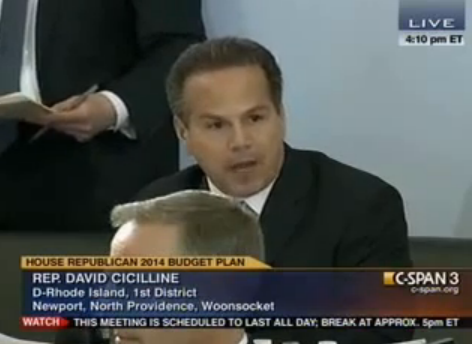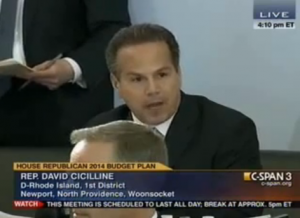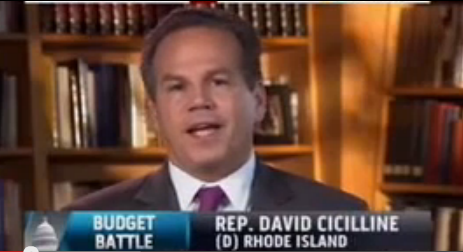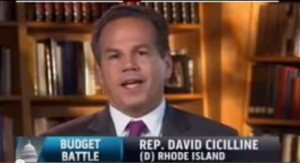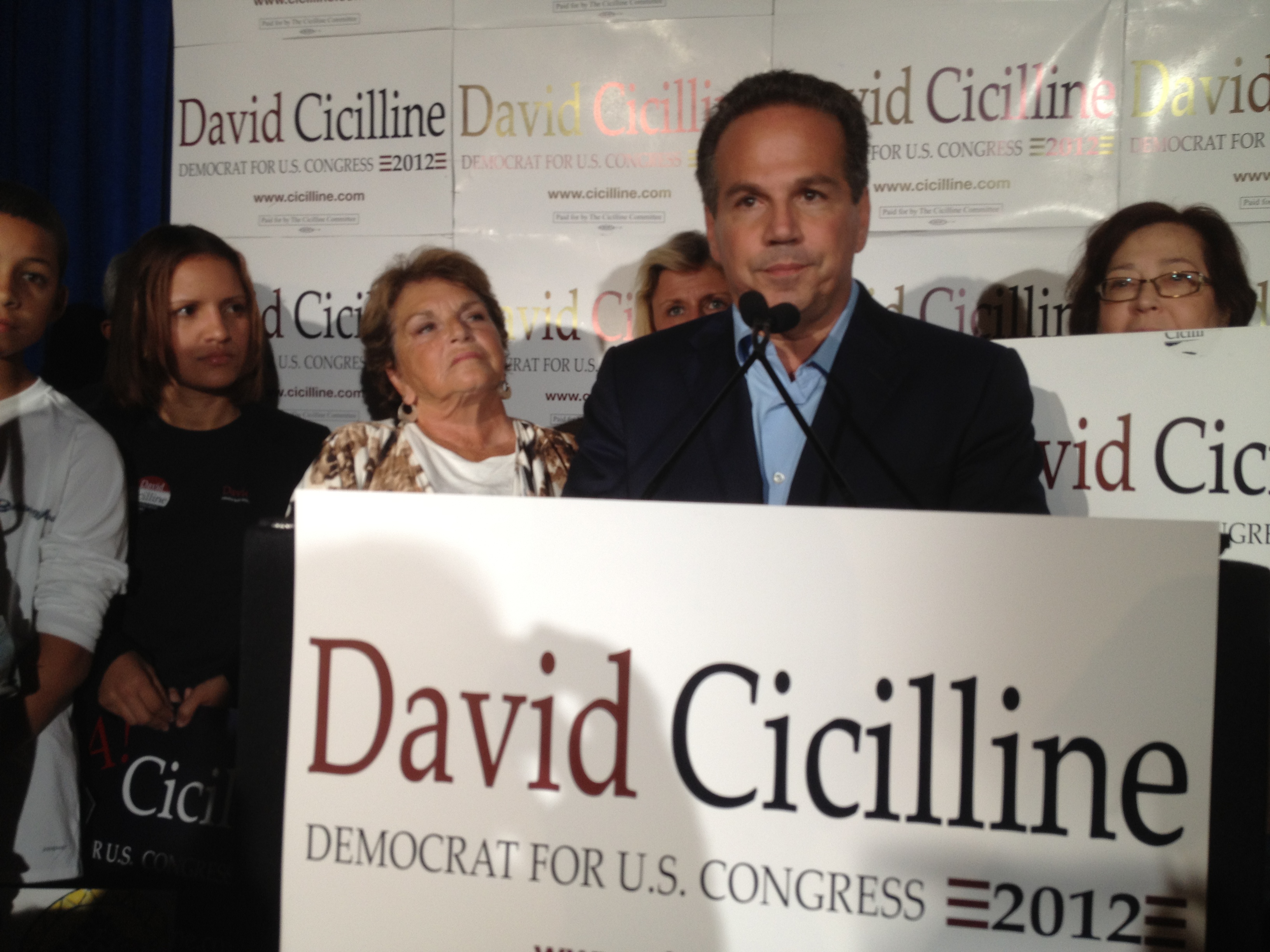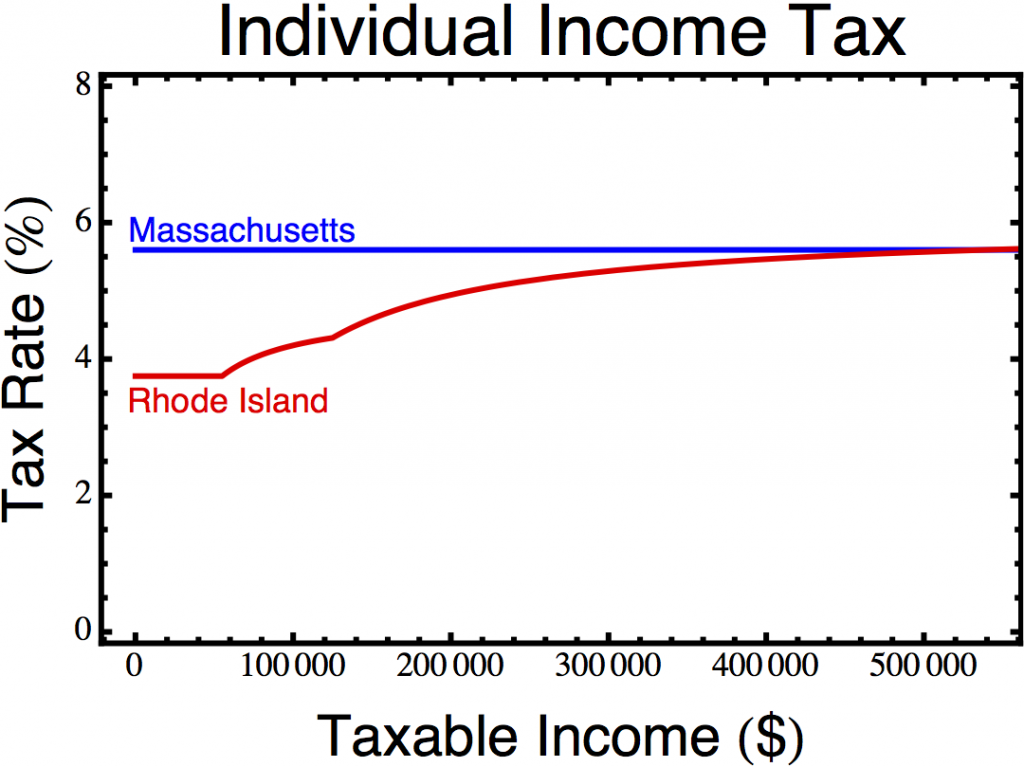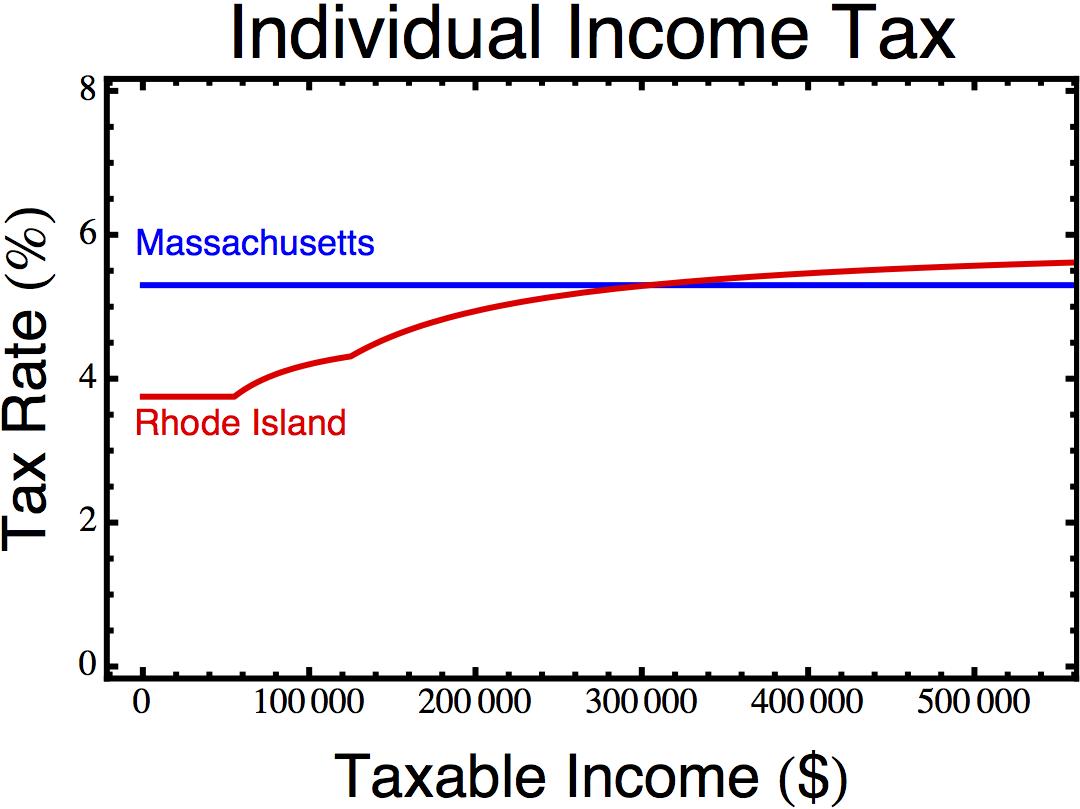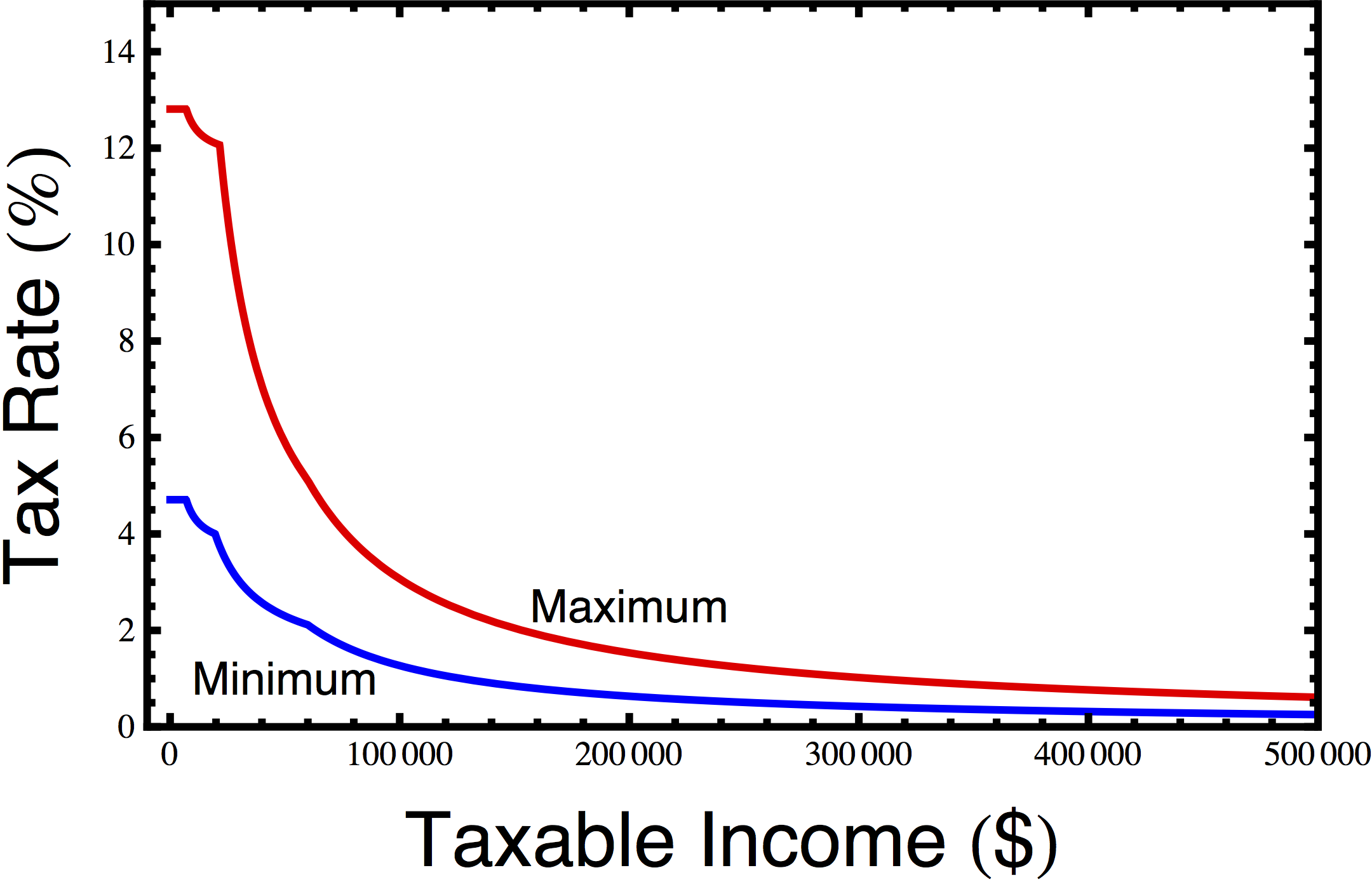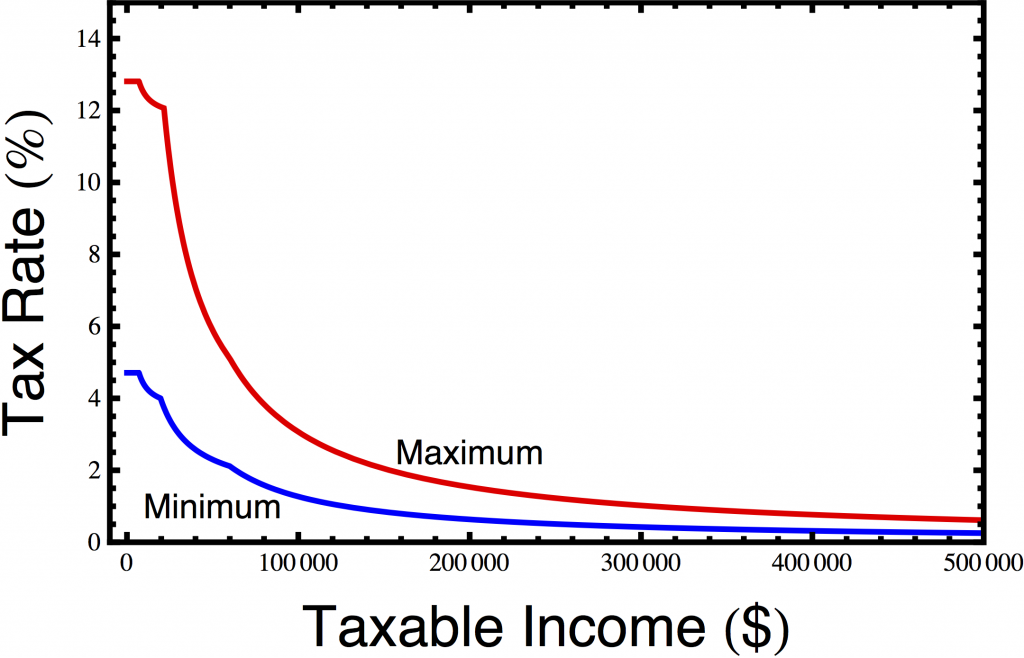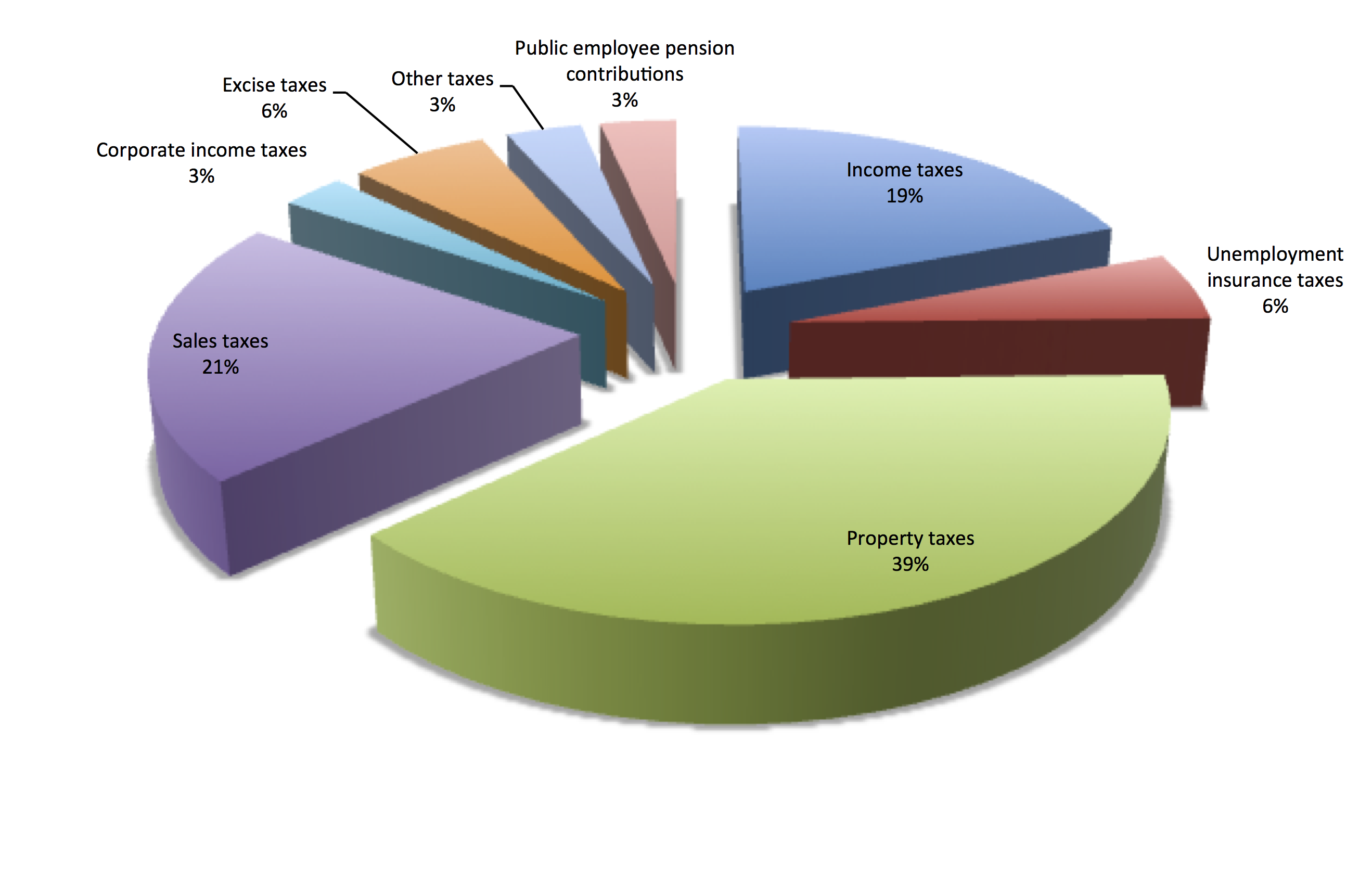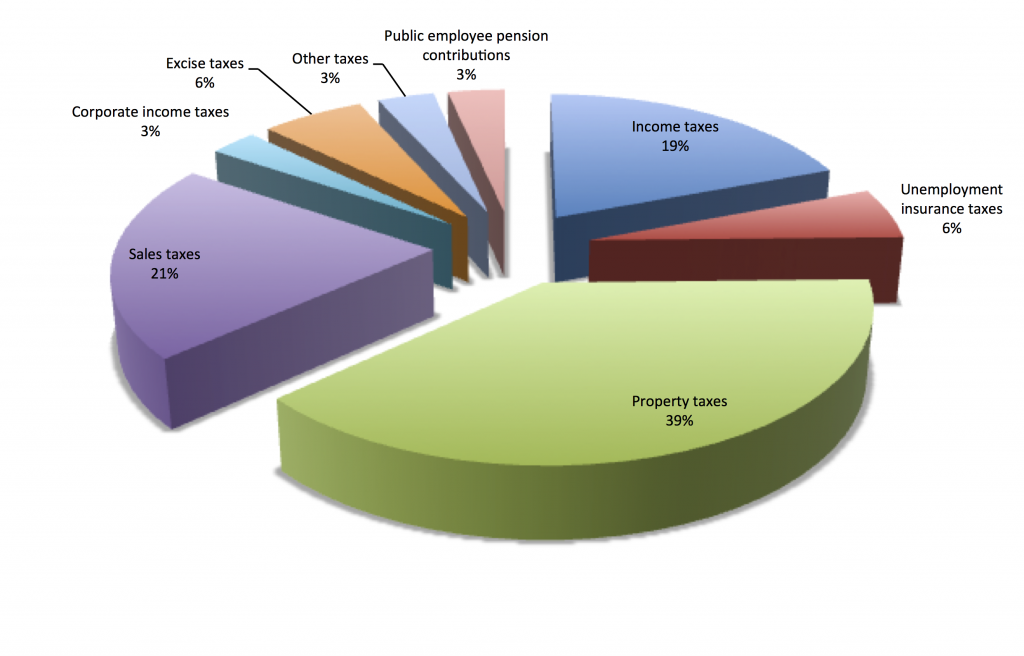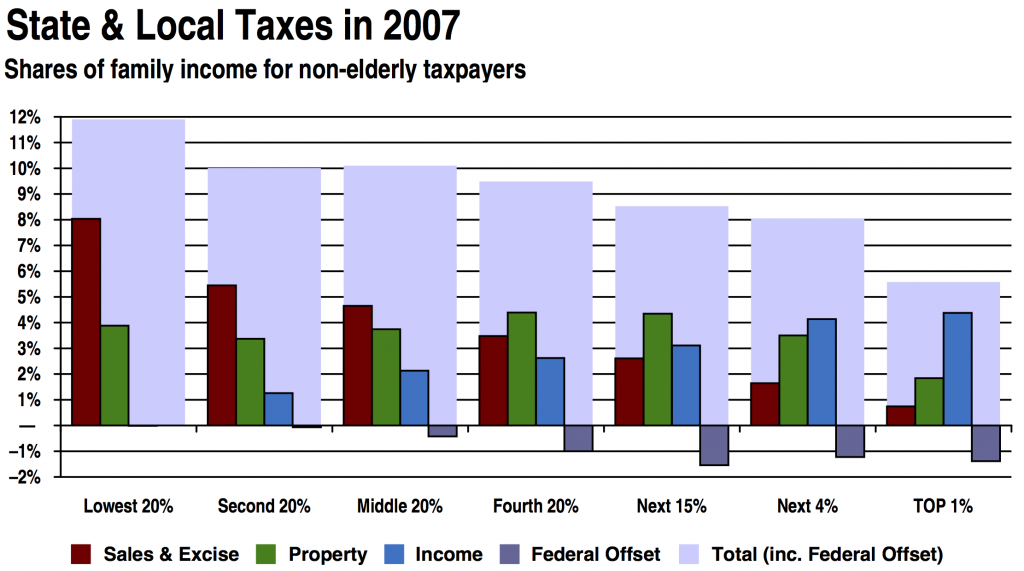Each month, members of the Progressive Democrats of America across the country drop letters at the offices of our national representatives. Here is the letter we are delivering to our Representatives this month. This is the Cicilline letter. The main difference in the Langevin letter is that Langevin did not support the Amash-Conyers amendment.
Right-wing state legislators in states like North Carolina, Texas, and Rhode Island are launching an unprecedented assault on the right to vote. It is time to take a stand and protect the most fundamental right of our democracy. At the same time, we remain in a severe jobs crisis because of conservative austerity policies. We must restore growth.
Thank you for signing onto Rep. Lewis’s H.R. 12: The Voter Empowerment Act, which would simplify and modernize the voting process, offering equal access for every citizen. In the spirit of Rev. Martin Luther King Jr., we call on you to mark the 50th Anniversary of the historic March on Washington for Jobs and Freedom by cosponsoring, speaking out, and supporting the following legislation:
- H.J. Res. 44: Proposing an amendment to the Constitution of the United States regarding the right to vote.
- H.J. Res. 43 Removing the deadline for the ratification of the Equal Rights Amendment.
- Humphrey-Hawkins Full Employment and Training Act, H.R. 1000.
- H.R. 1579: The Inclusive Prosperity Act, a stronger version of the Harkin-DeFazio compromise bill you have cosponsored. Without a large number of Democrats endorsing a fully robust financial speculation tax, the compromise effort runs the risk of being watered down even further.
We would like as well to thank you for supporting the Amash-Conyers amendment to stop the indiscriminate tapping of phone calls and collection of emails from millions of Americans. We are very pleased that you recognize that this type of surveillance weakens our most fundamental right to privacy while doing nothing to enhance the overall security of this country.*
Finally, we join with the George Wiley Center to thank you most sincerely for fighting to maintain the SNAP program, and we ask that you provide us with the names and contact information for your staffers responsible for all of these issues.
*In the Langevin letter, this paragraph reads: “We would also like to thank you for holding a town hall meeting where we and other constituents could explain our concerns with your vote against the Amash-Conyers amendment. This amendment would have stopped the indiscriminate tapping of phone calls and collection of emails from millions of Americans.”










